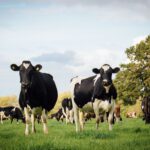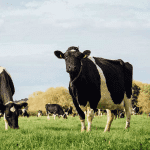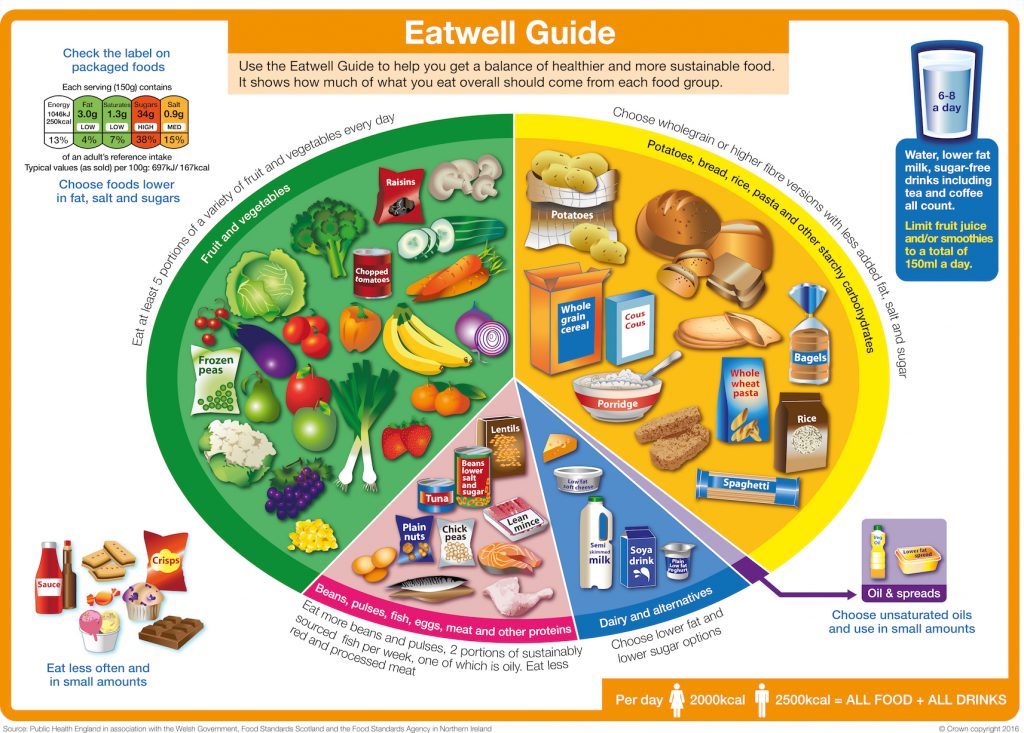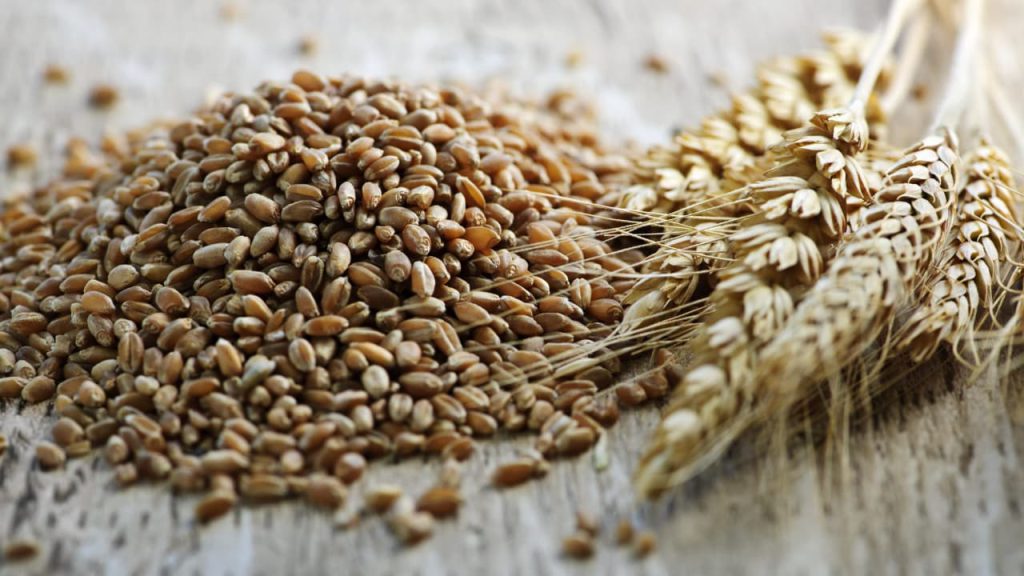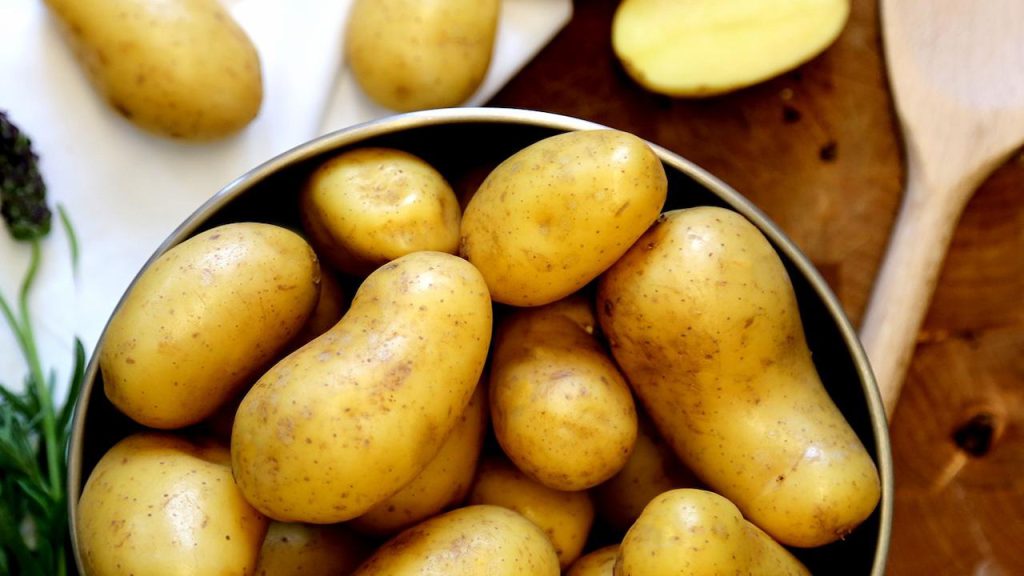What is a balanced diet?
Eating a healthy balanced diet is an important part of maintaining good health
Eating well means eating a variety of foods from different food groups in the right proportions. This can help us get the range of nutrients our body needs.
The Eatwell Guide
A balancing act for a healthier you.
In the quest for a healthier lifestyle, finding the right balance in our diets is key. At ‘Let’s Eat Balanced’ we’re here to guide you on the path to well-rounded nutrition, using the ‘Eatwell Guide’. This guide shows us the healthy diet recommendations from government, and emphasises the importance of balance and variety in our daily food choices.
The Eatwell Guide is a visual representation of the proportions of different food groups we should eat and recommends:
- Over a third of our diet should be fruit and vegetables
- About another third should be made up of starchy carbohydrates, like potatoes, bread, rice and pasta, particularly high fibre and wholegrain options
- It also includes dairy products (or unsweetened calcium-fortified dairy alternatives)
- And protein foods like beans, pulses, fish, eggs and lean meat
- With a small section for unsaturated oils such as rapeseed or olive oil, and spreads made from these
- Foods high in saturated fat, salt and free sugars are not needed as part of a healthy diet, so if chosen, the guide recommends these should be eaten less often and in small amounts
- And finally, there’s guidance on keeping our bodies well-hydrated
How much red meat can I eat within government guidelines?
Red meat, such as beef, lamb and pork, is a good source of protein, vitamins and minerals, and can form part of a balanced diet. The advice on red and processed meat is that if you’re eating more than 90g daily (cooked weight), the Department of Health and Social Care recommends scaling back to 70g (equivalent to no more than 500g each week). It’s not about deprivation but achieving balance, enjoying meat benefits while embracing plant-rich diversity. Click here for more information on portion sizes and weekly meal ideas.
Red meat, including beef, lamb, and pork, is a rich source of high-quality protein, important for maintaining our muscles, and provides nutrients like vitamin B12, iron and zinc. These nutrients play an important role in supporting overall health and well-being.
What role can dairy play in a balanced diet?
Dairy is a nutritional powerhouse. Milk, cheese, and yogurt are naturally rich in protein and are a natural source of calcium too, which supports the maintenance of normal bones and teeth. Additionally milk and yogurt provide B vitamins such as vitamin B12 and riboflavin (vitamin B2), which help our bodies convert the foods we eat into energy, and help reduce tiredness and fatigue.
Click here to learn more about what dairy can offer through our lifestages.
Getting the balance right
Aligning with the Eatwell Guide means a more diverse and nutrient-packed plate. Embrace a little bit of this, with a little bit of that and enjoy the goodness of meat and dairy along with a diversity of fruits, vegetables, beans, pulses and wholegrains. Eating healthily certainly doesn’t have to be boring! With the right choices, your plate can become a canvas of health and delicious delight, leading to a balanced, healthier you.
PLEASE NOTE: It is recommended that anyone with any special dietary requirements or medical needs should consult with a registered dietitian on how to adapt the Eatwell Guide to meet their individual needs.
Ordinary food is good enough
No fuss, no fads - ordinary food is good enough. If you’re confused by all the mixed messages about diet, don’t worry. Choose a common sense approach to food and enjoy a healthy, balanced diet without missing out on key food groups or nutrients.
Expert opinion
Everyone should aim for a healthy balanced diet as described in the UK government’s easy to understand, online, visual ‘Eatwell Guide’. This shows the recommended proportions of fruit, veg, wholegrain starchy carbohydrates, beans, pulses, fish, poultry, eggs, dairy and meat, as well as comments about other dietary elements.

Gill Jenkins
GP
